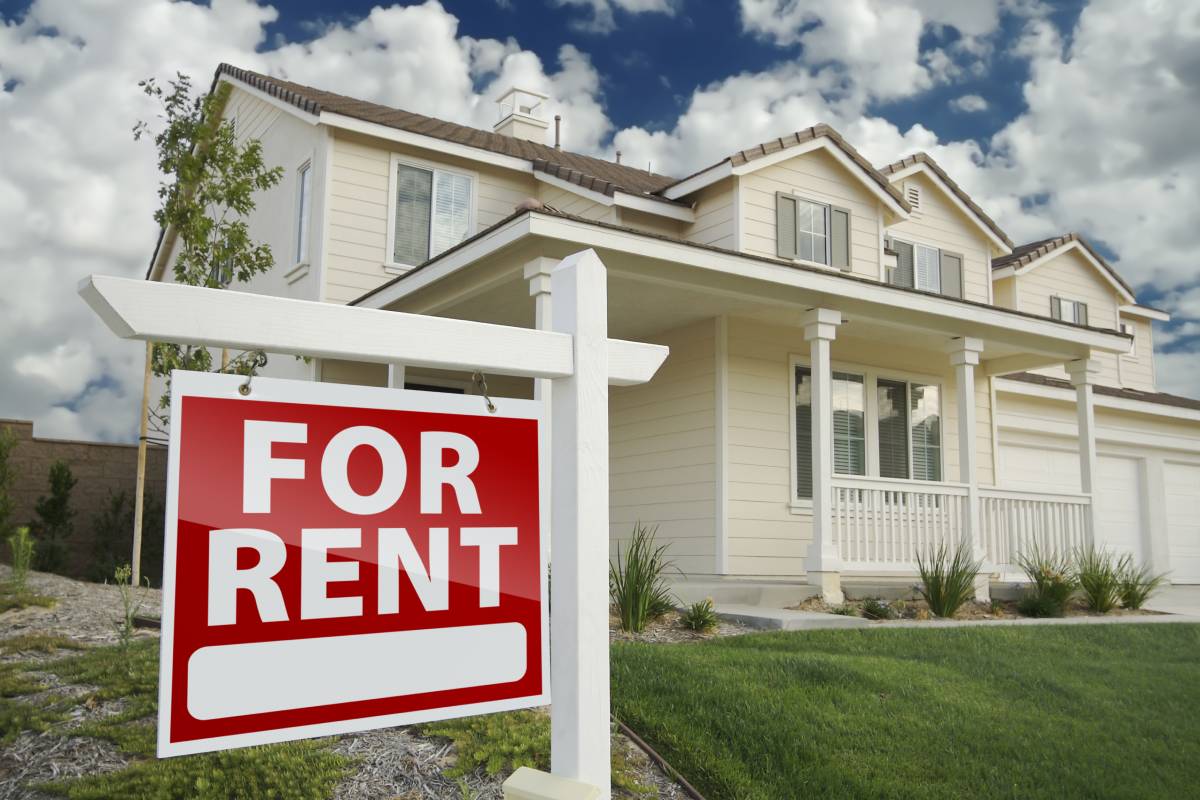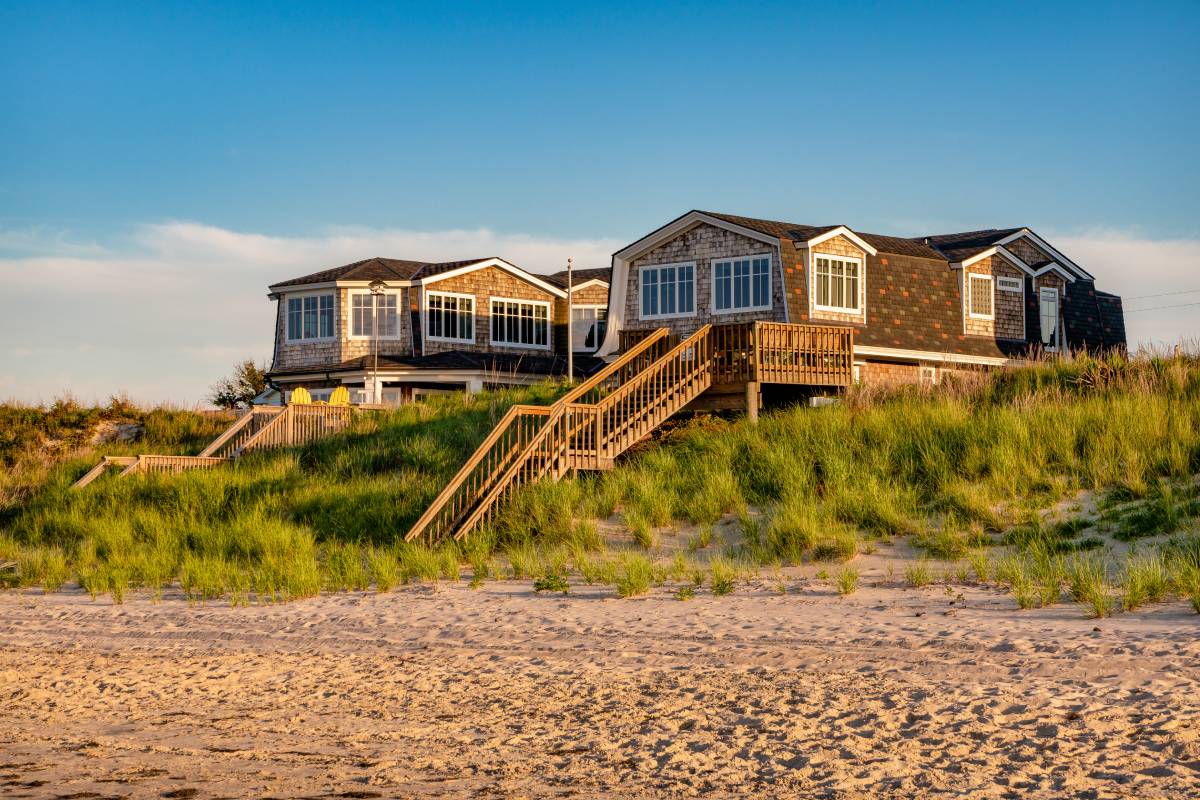Pets can be messy. If improperly trained, they may claw and bite at furniture, soil carpets and hardwood and scratch the paint off the walls. It’s true that Man’s Best Friend can be a major pain for landlords and property managers. But did you know that 68% of American households own at least one pet? That’s over 85 million families living their lives with some kind of furry companion, with 4.8 million residing within Washington State. All of these families need a place to live, and yet only 55% of landlords allow pets. There’s a major demand for quality housing for these furry tenants and their human roommates. What are some of the benefits of allowing pets in your rental properties, and what factors should you take into consideration when deciding?
To Pet or Not to Pet
Deciding whether or not to allow pets to stay in your property is a substantial decision, and it comes with both befits and consequences. The biggest perk is that it gives you an opportunity to charge a higher rent or add an additional pet rent or deposit. Pet rent especially acts as a modest but recurring additional stream revenue stream that doesn’t require much effort. Opening your property up for animals also taps into a market many property managers choose to ignore. These tenants are usually more responsible, and they’re almost always looking for a place they can call home for an extended period of time. It can be stressful to move with a pet, and if you help them out, they will be more likely to want to return the favor.
Of course, there are also some risks. Pets can cause property damage, especially dogs and puppies with an affinity for chewing and scratching. Certain dogs may have barking problems, and both dogs and cats may leave unpleasant odors if stressed or untrained. It’s important to have a consistent, building-wide policy on whether or not your building is pet-friendly, as it’ll alert other prospective tenants of an animal presence and that there may be allergens in the common areas.
Things to Consider
You shouldn’t just add a quick tag on your listing saying that your property is pet friendly. It’s important to approach this choice with intention, and that means refining your boundaries and screening your potential tenants. You can do this by asking yourself pet-inclusive questions like the ones below:
- Do I need a size restriction? Export
- Should I limit the number of pets in a household?
- Should I restrict based on breed?
- What do I consider a responsible pet owner?
The last question is especially important, as it directly plays into the kind of tenant you allow to live in your property. You already know that you have to consider their income, credit, and previous rental history. But ask yourself – do you need them to have their pet fully vaccinated? Do they need to show proof of having the right equipment, like a leash, harness, or even toys? If they’re declaring their pet to be a service, emotional support, or therapy animal, do they have documentation to back that up?
How Zenith Properties Can Help
By now your head might be spinning with every factor you have to keep track of. If that’s the case, you’ll be glad to know that Zenith Properties NW has a way of making the process much easier for you and your tenants-to-be. We offer Screening and Management Services that allow us to find the best and most reliable tenants to occupy your properties. And our pet policy includes a pet screening, enabling our clients to rent to pet-owning tenants without putting their investments at risk. To learn more, contact us today!





